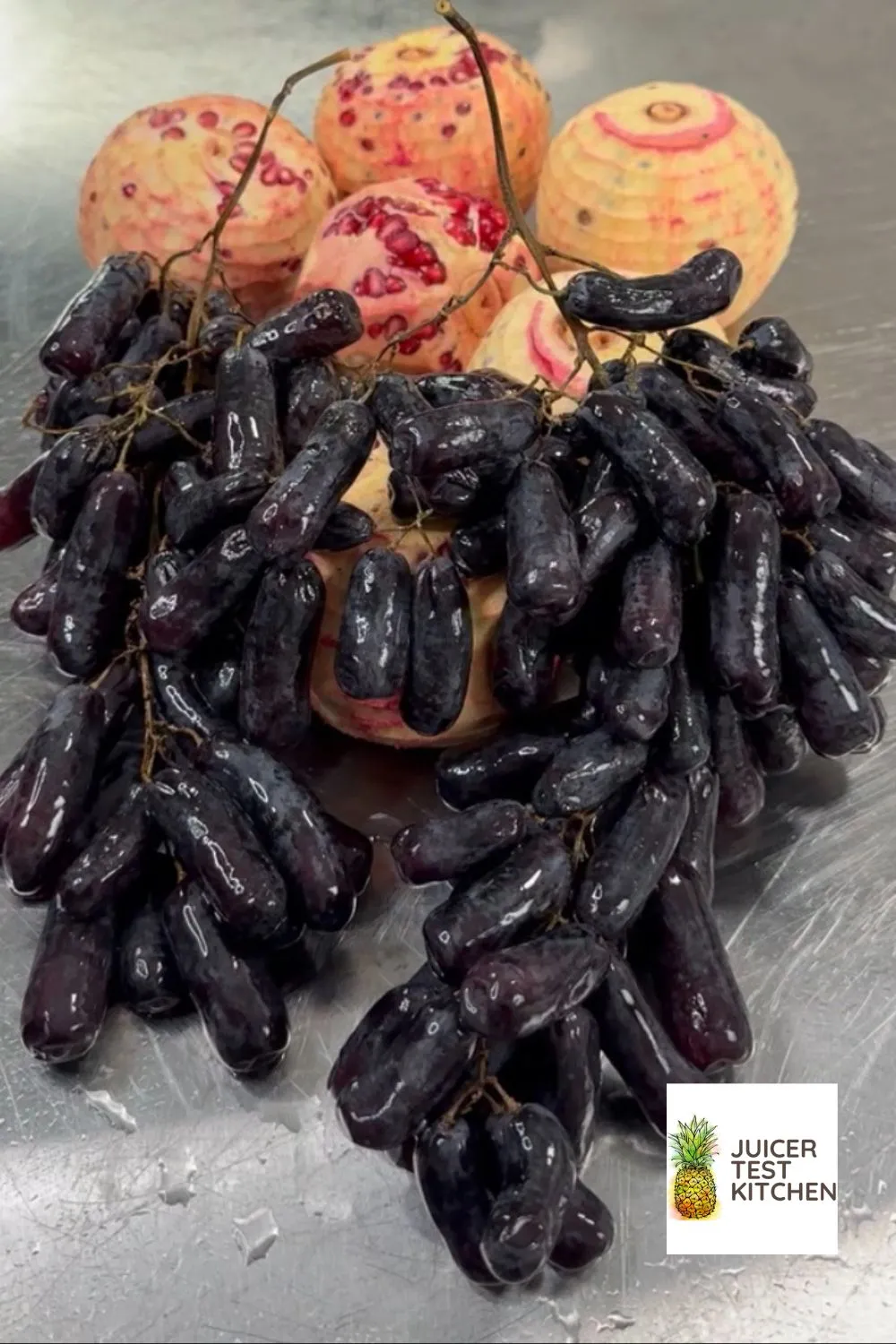What is Grape Juice and Its Benefits for Skin
Grape juice, a delicious and refreshing beverage, is more than just a tasty treat. It is packed with nutrients and antioxidants that offer a range of benefits for your skin. From promoting a brighter complexion to helping reduce the appearance of dark spots and protecting against sun damage, grape juice can be a valuable addition to your skincare routine. The natural compounds found in grapes work synergistically to improve skin health and address various concerns, making it a popular choice for those seeking natural and effective skincare solutions. Furthermore, the accessibility and affordability of grape juice make it an appealing option for individuals looking for a budget-friendly way to enhance their skin’s appearance.
The Antioxidant Power of Grape Juice
The remarkable benefits of grape juice for the skin are largely due to its high concentration of antioxidants, particularly flavonoids and resveratrol. Antioxidants are crucial in combating free radicals, unstable molecules that can damage skin cells and accelerate the aging process. These free radicals are generated by exposure to environmental stressors like UV radiation, pollution, and stress. By neutralizing free radicals, antioxidants help protect the skin from damage and maintain its youthful appearance. Regular consumption or topical application of grape juice can thus contribute to a healthier, more radiant complexion.
How Antioxidants Help Skin Whitening
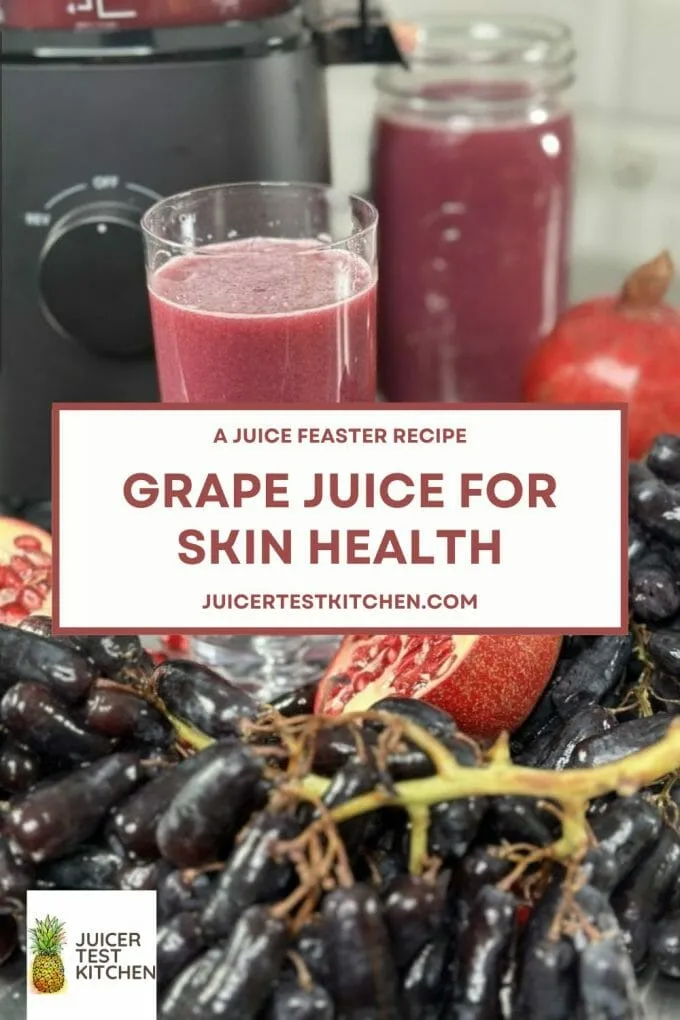
Antioxidants play a crucial role in skin whitening by addressing the underlying causes of uneven skin tone and hyperpigmentation. They work by inhibiting melanin production, the pigment responsible for skin color. Excessive melanin production can lead to dark spots, age spots, and an overall uneven complexion. Antioxidants, such as those found in grape juice, can help regulate melanin synthesis, leading to a brighter and more even skin tone. Moreover, antioxidants help repair and protect skin cells from damage, which contributes to a healthier and more luminous appearance, promoting a natural glow and helping to reduce the appearance of discoloration.
Grape Juice Benefits for Skin Whitening
Benefit 1 Reduction of Hyperpigmentation
Hyperpigmentation, characterized by dark spots or patches on the skin, is often caused by excessive melanin production. Grape juice, rich in antioxidants, can help reduce hyperpigmentation by regulating melanin synthesis. The antioxidants in grape juice work to inhibit the enzyme tyrosinase, which is essential for melanin production. This leads to a gradual reduction in dark spots and an overall improvement in skin tone. Regular use of grape juice, whether through consumption or topical application, can help fade existing hyperpigmentation and prevent the formation of new spots, resulting in a more even and brighter complexion. The natural compounds in grape juice offer a gentle yet effective way to address this common skin concern.
How Grape Juice Fades Dark Spots
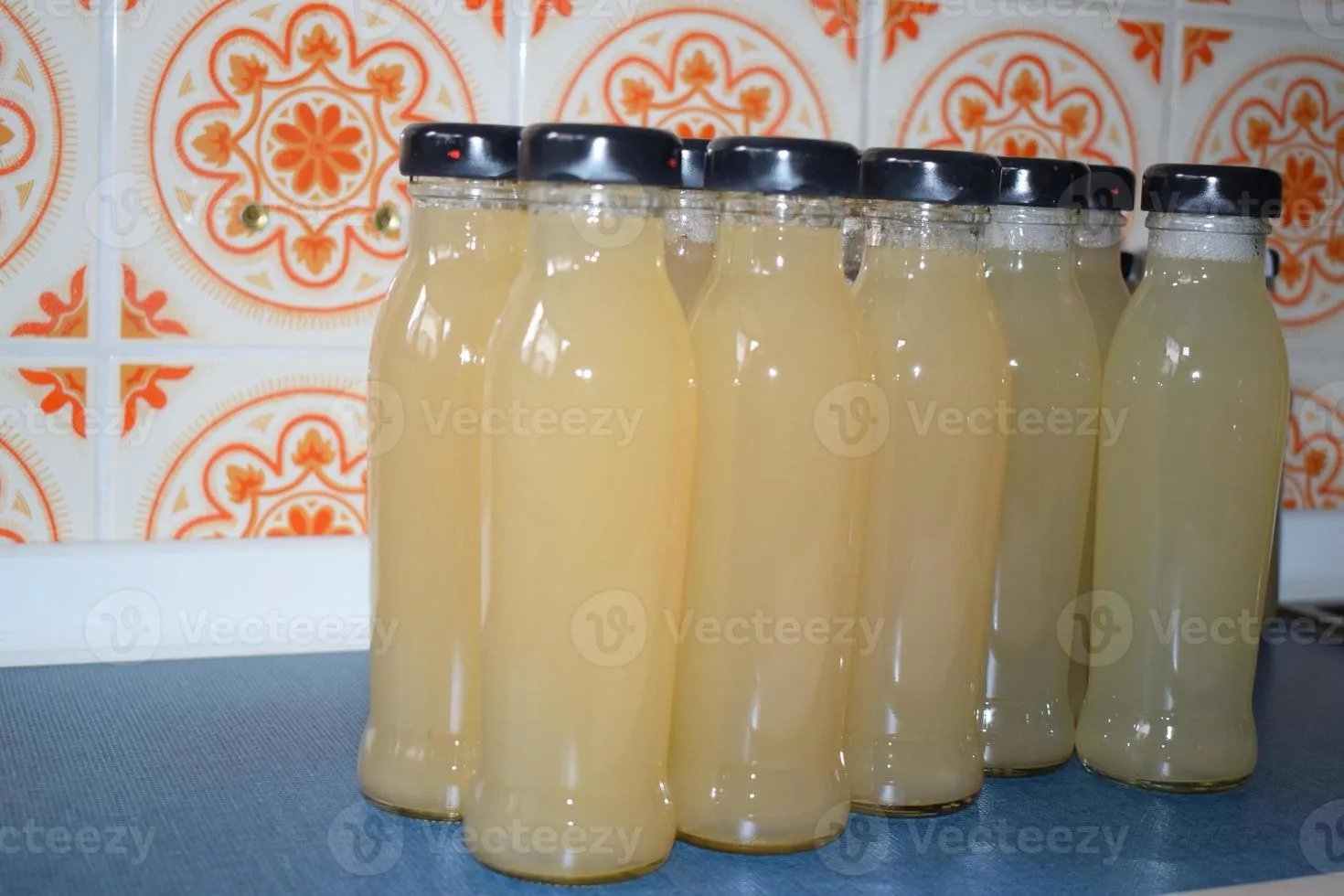
Grape juice fades dark spots through a combination of antioxidant activity and the presence of beneficial compounds. The antioxidants neutralize free radicals, preventing further damage to skin cells that can exacerbate dark spots. Additionally, grape juice contains certain enzymes and acids that can gently exfoliate the skin, helping to remove dead skin cells and reveal a brighter complexion underneath. This exfoliation, combined with the melanin-inhibiting properties of the antioxidants, leads to a gradual fading of dark spots and a more uniform skin tone. The consistent use of grape juice can thus contribute to a significant reduction in the appearance of dark spots over time, resulting in a more youthful and radiant appearance.
Benefit 2 Enhanced Skin Brightening
One of the most noticeable benefits of using grape juice for skin is the enhanced brightening effect. The antioxidants in grape juice help to reduce dullness and promote a more radiant complexion by fighting free radicals and improving skin cell health. Regular use can lead to a visible improvement in skin tone, making the skin appear more luminous and refreshed. The natural acids present in grapes can also gently exfoliate the skin, removing dead cells and revealing a brighter, more even surface. This combination of antioxidant protection and gentle exfoliation makes grape juice an effective solution for achieving a naturally brighter and more glowing skin appearance.
Grape Juice Effect on Skin Tone
The regular application of grape juice contributes to a more even skin tone by addressing the factors that cause unevenness. The antioxidants combat free radical damage, which can lead to uneven pigmentation and dullness. Additionally, the natural acids in grapes gently exfoliate the skin, promoting cell turnover and removing dead skin cells that can contribute to an uneven complexion. Over time, this leads to a smoother, more uniform skin tone, reducing the appearance of dark spots and blemishes. The skin becomes more radiant and balanced, with a noticeable improvement in overall appearance, leading to a naturally healthy glow. The cumulative effect of these actions results in a brighter and more even skin tone.
Benefit 3 Protection from Sun Damage
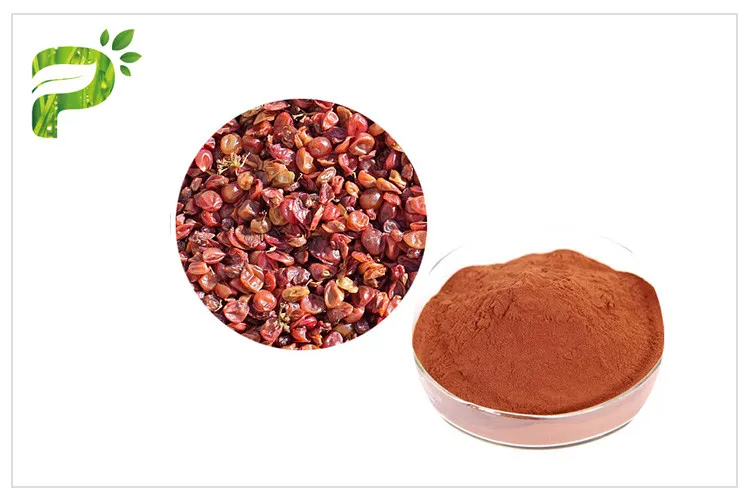
Grape juice provides a degree of protection against sun damage, thanks to its high antioxidant content. The antioxidants, particularly flavonoids and resveratrol, neutralize free radicals generated by UV exposure. These free radicals can damage skin cells, leading to premature aging, wrinkles, and an increased risk of skin cancer. By scavenging these damaging molecules, grape juice helps to mitigate the harmful effects of the sun, offering an added layer of protection. While not a substitute for sunscreen, grape juice can enhance your skin’s natural defenses against sun damage when consumed or applied topically, contributing to healthier and more resilient skin.
Grape Juice as a Natural Sunscreen Booster
Grape juice can act as a natural sunscreen booster, enhancing the protective effects of your regular sunscreen. The antioxidants in grape juice help neutralize free radicals generated by UV rays, thereby reducing the amount of damage done to skin cells. Applying grape juice before or after sunscreen can provide an extra layer of protection against the sun’s harmful effects. This combination helps to improve the overall effectiveness of sun protection, preventing premature aging and reducing the risk of sun-related skin issues. Although grape juice should not be used as a sole sunscreen, it can significantly boost the protective properties of your sunscreen, providing comprehensive care for your skin.
Benefit 4 Improved Skin Elasticity
Grape juice can improve skin elasticity due to the presence of antioxidants that combat free radical damage, which breaks down collagen and elastin fibers. By protecting these vital proteins, grape juice helps maintain skin’s firmness and flexibility. Additionally, grape juice contains compounds that can stimulate collagen production, which is essential for skin elasticity. Regular consumption or topical application of grape juice can therefore lead to firmer, more supple skin, reducing the appearance of wrinkles and fine lines. This contributes to a more youthful and revitalized complexion. Improved elasticity helps the skin to bounce back more effectively, contributing to a smoother and more resilient texture.
How Grape Juice Fights Wrinkles
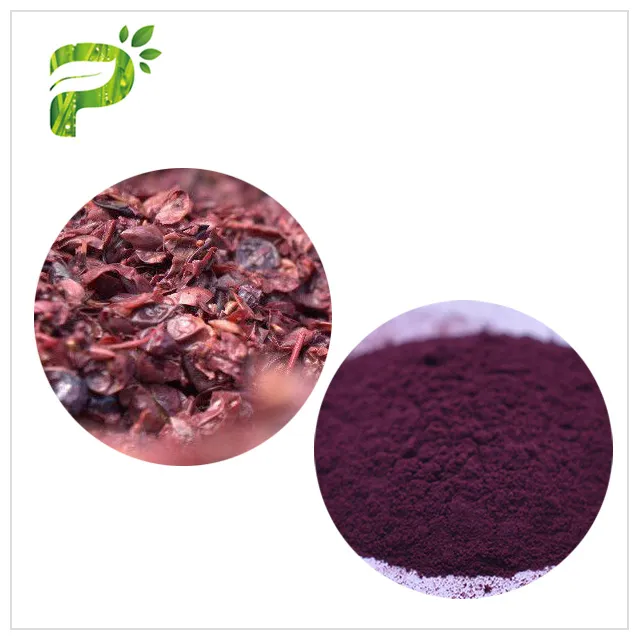
Grape juice fights wrinkles primarily through its high antioxidant content. Antioxidants neutralize free radicals, which are a major cause of premature aging and wrinkle formation. Free radicals damage collagen and elastin, the proteins responsible for skin’s firmness and elasticity. By neutralizing these harmful molecules, grape juice helps preserve these vital proteins, thus preventing wrinkle formation and reducing the appearance of existing wrinkles. Furthermore, the compounds in grape juice can stimulate collagen production, promoting skin elasticity and further reducing wrinkles. Regular use of grape juice contributes to smoother, firmer skin, helping to keep the skin looking younger and more vibrant.
Benefit 5 Hydration and Skin Plumping
Grape juice aids in skin hydration and plumping due to its high water content and the presence of hydrating compounds. Proper hydration is essential for maintaining skin elasticity, preventing dryness, and reducing the appearance of fine lines. When the skin is well-hydrated, it appears plumper and more youthful. The natural sugars and other compounds in grape juice can also help retain moisture in the skin, contributing to a healthy, glowing complexion. The combination of hydration and the protective effects of antioxidants makes grape juice an excellent choice for improving skin texture and overall appearance. Regular consumption can help the skin look more radiant and feel softer.
Grape Juice for a Healthy Glow
Grape juice contributes to a healthy glow by hydrating the skin and providing essential nutrients and antioxidants. Hydrated skin reflects light better, giving it a natural radiance. The antioxidants in grape juice protect against free radical damage, preserving the skin’s natural glow. Furthermore, the vitamins and minerals present in grape juice support skin health and promote a vibrant complexion. Regular use helps to improve skin texture, reduce dullness, and enhance overall luminosity. The combined effects of hydration, antioxidant protection, and nutrient supply result in a healthy, natural glow that makes the skin look refreshed and revitalized, enhancing the skin’s natural beauty and vitality.
How to Use Grape Juice for Skin Whitening
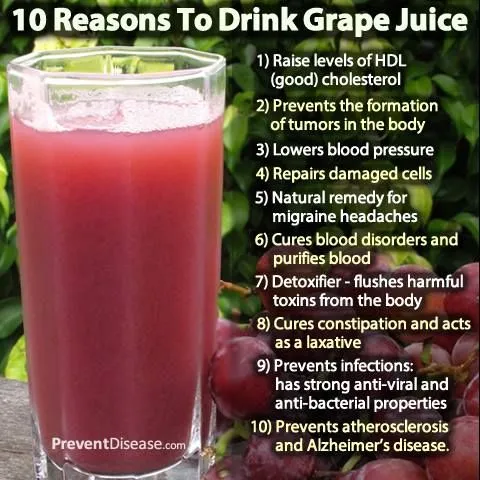
Grape Juice Masks and Treatments
Grape juice can be incorporated into various skin treatments and masks to enhance its benefits. One simple method is to apply fresh grape juice directly to the skin using a cotton ball. Leave it on for 10-15 minutes before rinsing with cool water. For a more intensive treatment, create a grape juice mask by mixing grape juice with other beneficial ingredients like honey, yogurt, or mashed avocado. Apply the mask to your face and leave it on for 15-20 minutes, then rinse. These masks can be used 1-2 times per week for optimal results. Regular use of grape juice masks can help improve skin tone, reduce the appearance of dark spots, and promote a healthy glow. Consider starting with a patch test to check for any adverse reactions before applying to the entire face.
DIY Grape Juice Recipes
Creating DIY grape juice recipes is a fun and effective way to tailor your skincare routine. Here are a few ideas: 1) Simple Grape Juice Mask: Mix equal parts grape juice and honey for a hydrating and brightening mask. Apply for 15 minutes and rinse. 2) Grape Juice and Yogurt Mask: Combine grape juice with plain yogurt to create a mask that is rich in probiotics and antioxidants. Leave it on for 20 minutes. 3) Grape Juice and Aloe Vera Mask: Blend grape juice with aloe vera gel for a soothing and hydrating mask. Apply for 15-20 minutes. These recipes allow you to customize your treatment based on your skin’s needs and preferences. Experiment with different combinations to find what works best for your skin. Remember to always perform a patch test before trying a new recipe.
Precautions and Considerations
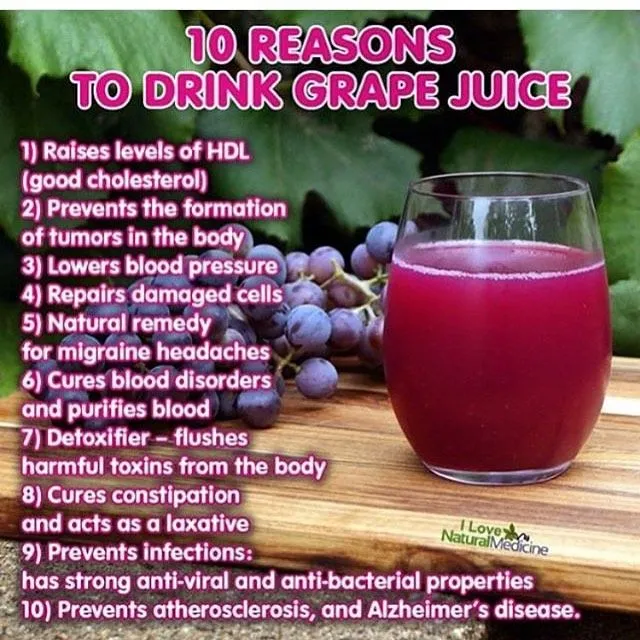
Potential Side Effects of Grape Juice
While grape juice is generally safe for topical use, some individuals may experience side effects. Allergic reactions are possible, so it is crucial to perform a patch test before applying it to your entire face. Common side effects might include mild skin irritation, redness, or itching. Excessive use may lead to photosensitivity, making your skin more sensitive to the sun. It’s important to monitor your skin’s reaction and discontinue use if any adverse effects occur. Always dilute grape juice with water or other ingredients, particularly if you have sensitive skin. Consulting a dermatologist is recommended if you have specific skin concerns or if you experience any persistent adverse reactions.
When to See a Dermatologist
While grape juice can be a beneficial addition to your skincare routine, it’s important to recognize when professional help is needed. Consult a dermatologist if you have persistent skin concerns, such as severe hyperpigmentation, acne, or any unexplained skin changes. If you experience adverse reactions to grape juice, like severe irritation or allergic reactions, seek medical advice immediately. A dermatologist can provide a proper diagnosis and recommend appropriate treatments for your specific skin type and conditions. They can also guide you on the safe and effective use of grape juice and other skincare products. Regular check-ups are crucial for maintaining skin health, especially when dealing with persistent or worsening skin conditions.
Conclusion
Grape juice offers a natural and effective way to improve skin health and achieve a brighter, more even complexion. Its rich antioxidant content makes it a powerful tool in fighting free radicals, reducing hyperpigmentation, and protecting against sun damage. Whether consumed or applied topically, grape juice can contribute to a healthier, more radiant appearance. Regular use, combined with a proper skincare routine, can lead to visible improvements in skin tone, texture, and overall vitality. Embracing the benefits of grape juice can be a simple yet impactful step towards achieving a naturally glowing and youthful skin. It’s important to remember that consistency and patience are key to achieving the best results.
